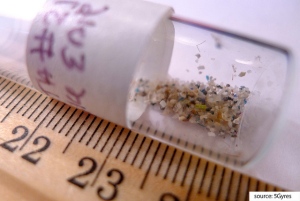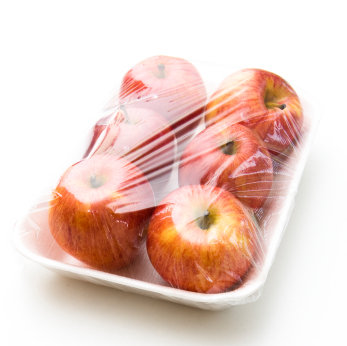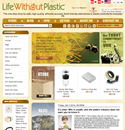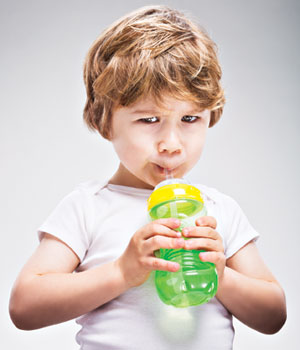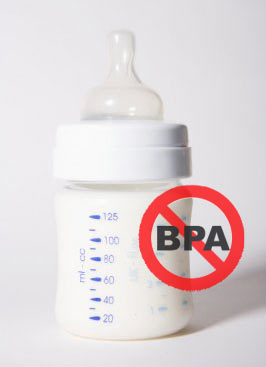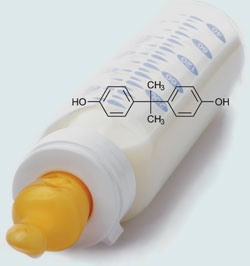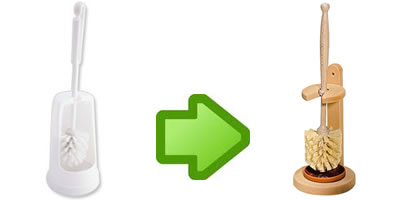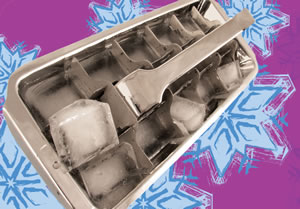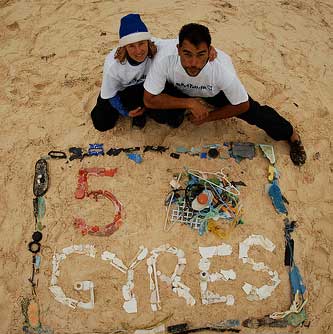The past few weeks have been busy and exciting on the plastic microbead front!
Microbeads are the ludicrous little plastic particles used as scrubbing agents in a variety of personal care products ranging from body scrubs to toothpaste. They are washed down the drain and end up in waterways where they absorb toxins and are ingested by fish.

